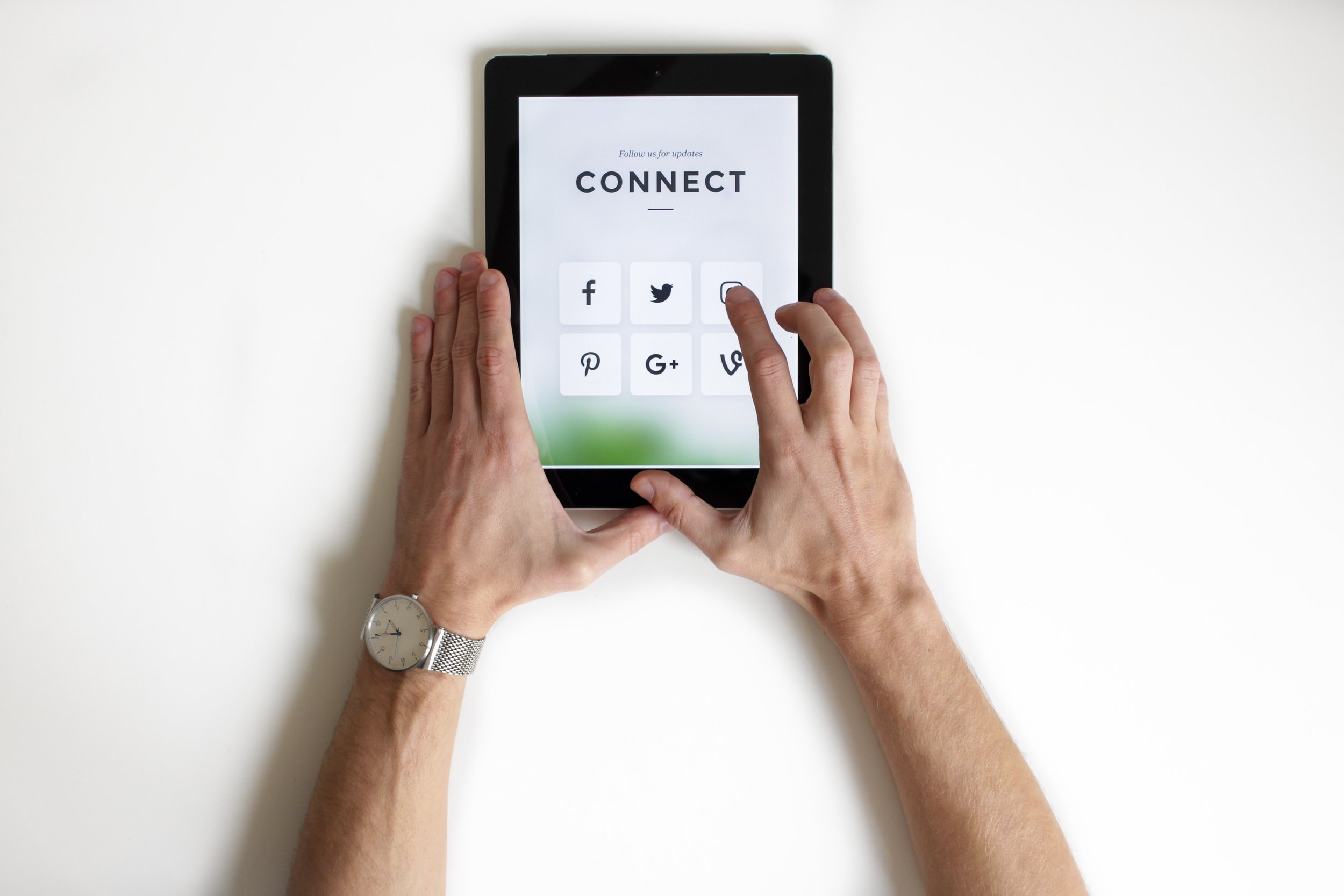Here it comes….duck and cover!
...This is the part where MHT gets a bit too real and talks about the things we all hate to talk about: Those parts of our self that are thorny, contentious, ugly, and shameful. Ugh. There it is. Shame. I feel myself grimace as I write it.
Why is it that we have a panicked desire to hide parts of ourselves, while at the same time longing to have our ugliest, most hidden parts named and seen? It is a curious, if universal, paradox. When we hide, we feel relief. We are somehow safe, while also perilously insecure, able to be known in relationship, and yet so alone.
“Some of our most powerful relational experiences occur when our deepest-hidden parts come to light in the eyes of another - when we find that we are not rejected, criticized, and shamed but rather recognized, related to, and accepted as we are.”
The shadow self, as Jung termed it, is a universal feature of being human. We all have a dark side which the vast majority of us try madly to remove from consciousness. Our unconscious defenses are primary, but we also consciously reject our shadow. Many or most of us are in the business of self-surgery, frantically trying to excise our unacceptable parts, our envy, hatred, rage, aggression, and malice. To the extent that we are “successful” in this, we determine how much we are aware of and how much operates outside our conscious control. We can no more escape these parts of ourselves than we can cut off our actual, physical shadow.
To suggest that we accept our shadow side runs counter to our strong, ingrained reflex to reject it. The idea that we turn and meet our shadow self, hold out open hands and get to know it probably sounds, at least at first, dubious, distasteful, dangerous, or downright impossible.
At rock bottom, it comes down to wholeness. When we reject a part of ourselves, we are necessarily internally divided. And that cannot stand. Literally. Our search for self is essentially a search for wholeness. And here we are in a serious bind. We cannot integrate our darker impulses with our conscious values. They are inherently at odds. And yet when we reject our dark side, we are only more divided.
As a consummate rejecter of my own dark side, I have found that the more I am able to accept my unacceptable parts, the more I am able to keep them in the realm of my conscious awareness, where I can exert more influence over them. And that might be the best we can do on our own. Allow them to be visible so that we can keep an eye on them. We can’t be rid of them, so they might as well be as whole as we can, recognizing that we are all both upstanding citizen and outlaw.
But in relationship, we find that a deeper wholeness is possible. Some of our most powerful relational experiences occur when our deepest-hidden parts come to light in the eyes of another - when we find that we are not rejected, criticized, and shamed but rather recognized, related to, and accepted as we are. We see that our worst self is all-too-familiar territory in the eyes of the other, and a bond forms. Our hated self is part of the beloved. If we can love it as part of someone we love, then we create the possibility of loving it in ourselves. Can we love our most unlovable parts and allow them to be loved? Wouldn’t they take over and do all manner of unspeakable harm? Or would we find instead that the same love that can unite people, is able to unite us internally, as well. Our unlovable self might come into the light of Love and be transformed.
Monica Green, Ph.D., is a licensed clinical psychologist, PSY 27391, specializing in depression, anxiety, trauma, relationship issues and psychological aspects of chronic health conditions.
















